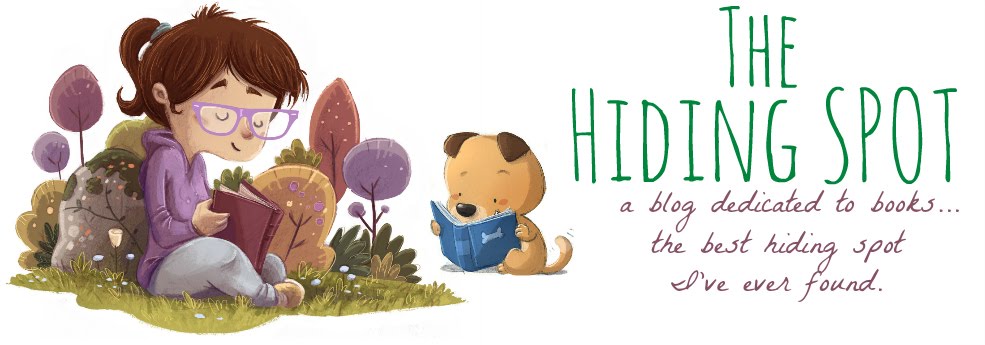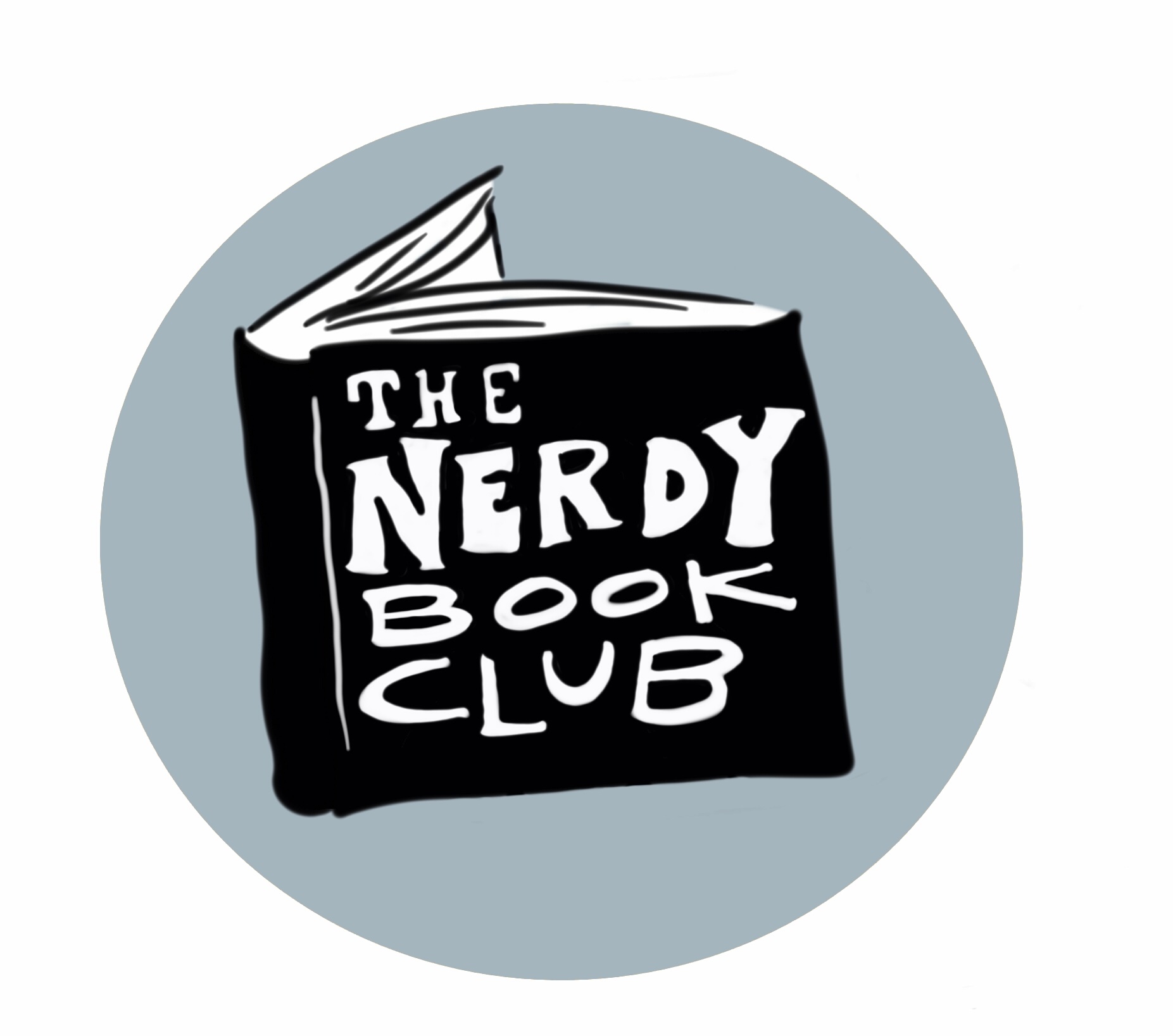This month Jess Keating's third Life is a Zoo book, How to Outfox Your Friends When You Don't Have a Clue, is out in the world! If you Jess Keating and her books aren't already on your radar, I suggest you remedy that immediately. But first, check out this guest post from Jess in which she shares the ways in which her training as a zoologist prepared her writing!
___________________
Five Ways Being a Zoologist Prepared Me to Be a Writer
A Guest Post by Jess Keating
#5. Hit the Books!
Knowing how to research is one of the most important parts of my job. And this holds true for writing fiction, as well as nonfiction. If imagination is a writer’s best friend, I think research must be the trusty sidekick. Underrated, but completely essential to the quest. How else are you supposed to create a world that people can believe in? I think research can help inform the content of your book, but also how you write the book itself. For every new project, I have several notebooks dedicated to research to help build worlds, characters, and plots. I also have notebooks dedicated to writing craft research!#4. Colorful Characters
If you’ve ever read my books, you know I like to include a lot of animals. This isn’t just because I like cool creatures. I think animals provide an instant touchstone of sorts, helping to create moods and atmospheres, but also add character, drama, and humor. But you don’t need to write about animals for them to help your writing! The next time you’re stuck trying to develop a character, try assigning them an animal. Keep that animal in mind as you write each character—their attitudes, faults, and responses—and you will be surprised how quickly they take shape! Is your main character showy like a peacock? Or stealthy and guarded like a jaguar? Because animals are so deeply entrenched in our psyches, they hold a lot of power. Let them out to play and you may be amazed!#3. The Scientific Method
I know, it sounds nerdy. But at its heart, writing is all about getting the words down. Taking a scientific, experimental approach to your writing can make all the difference. Zoologists (and all scientists for that matter!) are trained to ask questions and explore answers, observing along the way. Try applying that to your own writing process! Start a spreadsheet, even. Do you create more, or feel better when you write in certain conditions? Does a standing desk help or hurt your wordcount? What about food? Do you feel productive after a meal? Maybe you feel best with smaller snacks, so you stay ‘hungry’ for your writing? Every aspect of your writing life can be tweaked, and taking a scientific approach to it can help get those words on the page. Try out new ways of working, and evaluate yourself after a month and then try something different. This is a free ticket to be a mad scientist!#2. It’s All So Interesting!
I’ll be honest. I get a little bored when I hear people say “write what you know”. Ignore them. Write what interests you! Having a passion for zoology has certainly helped me write my books. But the same goes for any field. Does physics interest you? Chocolate-making? Garden gnomes? Scientists are notorious for following tiny hunches, which lead them to bigger questions and maybe even some answers. Cultivate a curious mindset for all of your interests, and fill your life and notebooks with anything that inspires you. You never know when that random Wikipedia-spiral about the history of pirates (or cheese, or spaceships) will lead to a story!#1. Dissection
In the zoology world, this word has an entirely different (and often goopier) meaning. How does it work? is a question that scientists often ask, and I think writers should be asking the same question. Stories work for many reasons, and dissecting them to figure out their innards and ticking parts is a crucial step to figuring out your own work. If you want Frankenstein to wake up, you need to go backwards and start small. One of my favorite pastimes is to dissect movies. I sit in front of the screen with a notebook, and pause it every time there’s a scene change. I write down what happens in each scene, and whether it’s part of a main plot or subplot, and how it’s affecting each character. It’s tedious work, but soon, a pattern emerges, and I’m left with a pretty cool outline that essentially explains why that particular story works. Do this a few dozen (or hundred) times and you’ll have some very useful help for character development, plot, and more!
What about you? Do your interests and passions inform your writing life?
_____________________________
Praise for How
to Outfox Your Friends When You Don’t Have a Clue:
“With
her trademark kid-oriented wit and lighthearted touch, Keating leads
readers through the daily emotional ups
and downs of the typical just-turned-teenager who is trying to juggle
hormones, parents, schoolwork, and, most importantly, her friends...A
sweet reminder that being middle school girl is about far more than boys
and makeup.” -Kirkus,
starred review
Praise for the My
Life is a Zoo Series:
“Keating perfectly captures the fears, awkwardness, and excitement of being 12 and delivers a positive story with
plenty of humor that emphasizes thinking for and becoming comfortable with oneself.” –Booklist on
How to Outswim a Shark Without a Snorkel
“Life is literally a zoo for shy twelve-year-old Ana, who is trying to avoid seventh-grade bullies while hiding that
her family lives among crocodiles and elephants.” –Los Angeles Times on How
to Outrun a Crocodile When Your Shoes are Untied
About the Book
Surprise! Ana’s long-distance BFF is finally coming back to visit. But with her purple hair and new attitude, Liv is barely the girl Ana remembers. This new Live probably thinks a birthday party at the zoo is lame. Maybe if Ana has a supersecret sleepover instead, she’d never have to introduce Liv and Ashley, former enemy and now Ana’s best-ish friend. What could go wrong?
About the Author













0 comments:
Post a Comment
Make sure you whisper, I'm hiding!